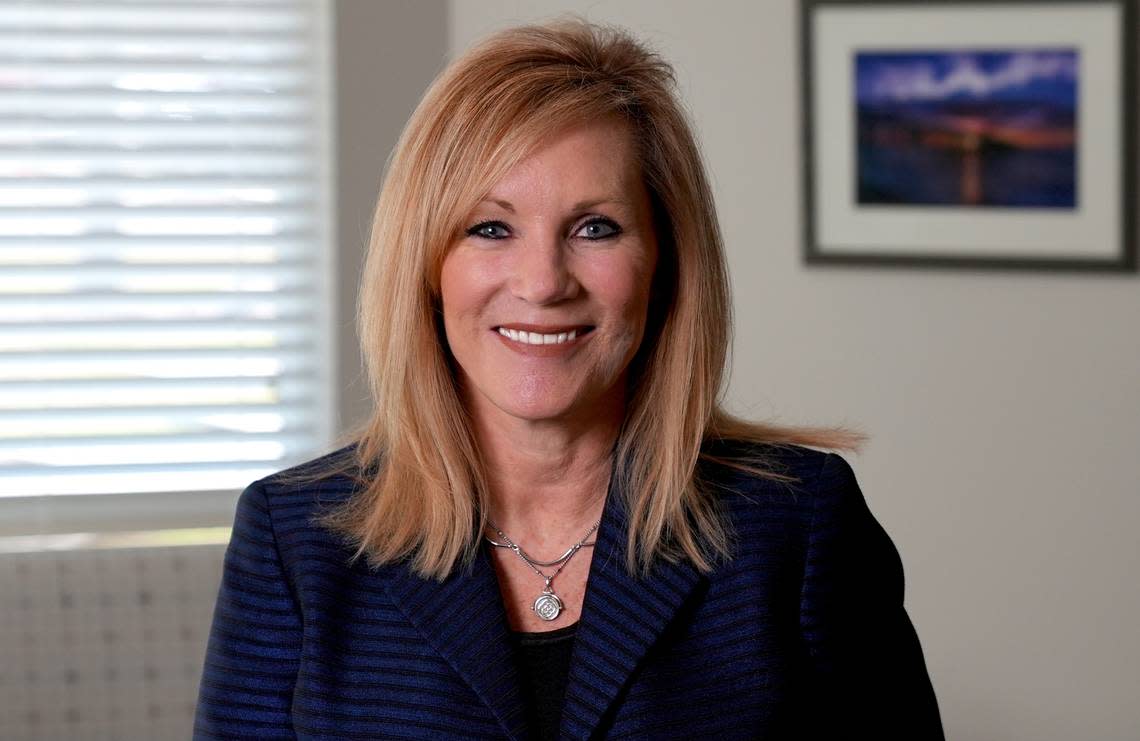Assaults on medical staff in SC hospitals are rising. We’re trying to stop it. | Opinion
For more than 30 years, I’ve experienced the wide range of complex issues facing healthcare providers, and I can’t remember a time when we were more concerned about the safety and security of our workforce.
South Carolina’s hospitals and health systems represent more than $28 billion in state economic impact and 77,000 employees. Many of those employees have taken an oath to “Do No Harm,” and I’m sad to say that same courtesy is not being given to them.
Healthcare workers account for roughly three-fourths of all nonfatal workplace injuries and illnesses due to violence in the workplace. According to government data, that nurse getting ready for her shift is five times more likely to be assaulted at work than employees reporting to virtually every other job.

It’s been said that the true measure of a society is how it treats the most vulnerable among us — but what about how we treat those who care for us in our most vulnerable moments?
Until now, we’ve only been able to rely on anecdotal stories from front-line workers to express this problem, but thanks to an upcoming report from the South Carolina Hospital Association and Antum Risk, we finally have actionable data to illustrate the impact of workplace violence on the state’s hospital workforce.
The South Carolina Workplace Violence Collaborative was established in 2023 to address the increased incidence of violence against healthcare workers. The collective includes aggregate data submitted by 48 South Carolina healthcare facilities, including acute care hospitals, physician practices, outpatient clinics and rehabilitation centers, in 2023. For standardization purposes and to isolate these events, only incidents of physical violence are included in the report.
South Carolina’s hospitals and health systems have created a national model for enhancing hospital safety and security with a voluntary data collective actively sharing incidents of workplace violence in their facilities, and we’re already learning valuable lessons:
▪ 68% of health care assaults in the state were committed against bedside nurses and nursing support in 2023.
▪ 96% of these incidents were initiated by patients; however, we are seeing a growing trend of assaults by patients’ family members and visitors.
▪ 80% of these incidents occurred in the emergency department or the patient’s room or bathroom.
Our hope is that by focusing on building a data collective around outcomes for employees, as we do for patients through our Zero Harm program, we can learn more about the conditions to eliminate preventable harm in our facilities. If we can use data to improve surgical outcomes, we should be able to apply those same principles to bolster employee safety.
South Carolina’s hospitals and health systems are already using cutting-edge solutions to improve hospital safety and security, including enhanced surveillance, elevated training for security officers, first-alert badges for staff and trained K-9 units to uphold a more secure environment for everyone, including patients, employees and visitors.
Hospitals and health systems are also providing additional resources and support for employees who are affected by violent incidents. And, we are working closely with state and local law enforcement to help ensure we have strong partnerships for addressing incidents and maintaining a healing environment in our facilities.
It’s important to spotlight this issue and the amazing feats our healthcare heroes take on every day to lead South Carolina to a better state of health. So, the simplest way to celebrate nurses today when you need care is to be kind. Extend that kindness to everyone in the hospital, from the security guards to food services. Every day they suit up for work, our hospital employees make a commitment to Zero Harm. Let’s make that same commitment to them.
Gayle Resetar is chair of the South Carolina Hospital Association and executive vice president/Chief Operating Officer at Tidelands Health. Learn more about what S.C. hospitals and health systems are doing to advance safety and security at donoharmsc.com .
